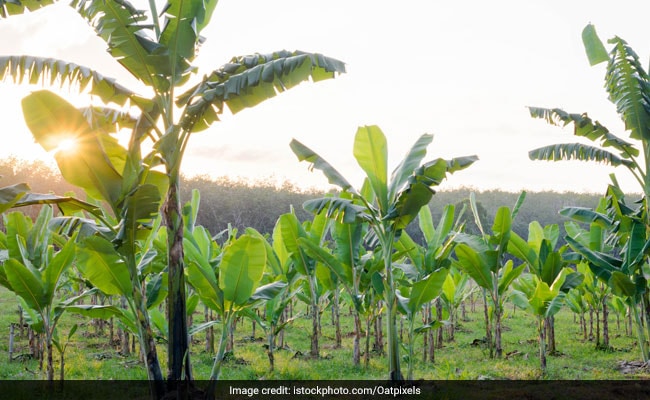
A dense tree cover in watershed can reduce the burden of diarrhoeal disease most of which are caused by waterborne pathogens, says a news study conducted across 300,000 children in 35 nations. According to the World Health Organisation (WHO), 361,000 children die of diarrhoeal disease every year because of poor access to clean water, sanitation and hygiene. The WHO also states, that diarrhea lasting for an extended period of time can leave the body without the water and salts that are necessary for survival. In the past, for most people, severe dehydration and fluid loss were the main causes of diarrhoea deaths.
The findings published in the journal Nature Communications, revealed that about 30 per cent increase in upstream tree cover in rural watersheds would have a comparable effect to improved water sanitation, such as the addition of indoor plumbing or toilets.
"This suggests that protecting watersheds, in the right circumstances, can double as a public health investment," said Brendan Fisher from the University of Vermont in the US.
"This shows, very clearly, how 'natural infrastructure' can directly support human health and welfare," Fisher said.
The research approaches to study links between human health and the environment, globally based on massive data collected globally.
"Looking at all of these diverse households in all these different countries, we find the healthier your watershed upstream, the less likely your kids are to get this potentially fatal disease," Taylor Ricketts of Gund Institute for Environment, University of Vermont, added.
The team suggests that forests and other natural systems can complement traditional water sanitation systems and help compensate for a lack of infrastructure. The researchers are hoping that the findings will help administrations and government to develop plans to improve the health and environment of children around the world
According to WHO, Diarrhoeal disease is the second leading cause of death for children under the age of five. But it is treatable too, says the WHO. Diarrhoea is usually a symptom of an infection in the intestinal tract, which can be caused by a variety of bacterial, viral and parasitic organisms. One of the most common symptom of Diarrohea are lose motions. Here are some foods that you may want to avoid if you're suffering from loose motions.
1. Dairy products: You must avoid foods like milk, cheese or butter as they contain sugar in the form of lactose and it may worsen your symptoms. Nutritionist Parveen Verma shares, "Dairy products are often known to irritate the gut and therefore, it is best to avoid them if you are suffering from loose motions." However, eating yogurt can actually help your gut as it contains live enzymes that replenish the good bacteria.
2. Excessively sweet foods: Binging on sugary foods is often linked with excess gas, cramping, watery stool and abdominal pain. Fructose in fruits and refined sugar used in baked items, processed food and your daily cup of tea of coffee, can draw water into the large intestine or prevent it from absorbing the water leading to more loose motions.
3. Fatty foods: Fried or greasy foods or those that are loaded with cream and other fats should be strictly avoided. Fatty foods are known to increase intestinal contractions and create reactions in the system which is already very sensitive.
4. Caffeine: You may not be able to pull through the day without a cup of tea or coffee, but it is best to avoid. Caffeine may stimulate the gut to contract more quickly, making the food move faster without being absorbed properly. It may even cause acidity adding to your digestive woes.
(Inputs IANS)
Track Latest News Live on NDTV.com and get news updates from India and around the world

